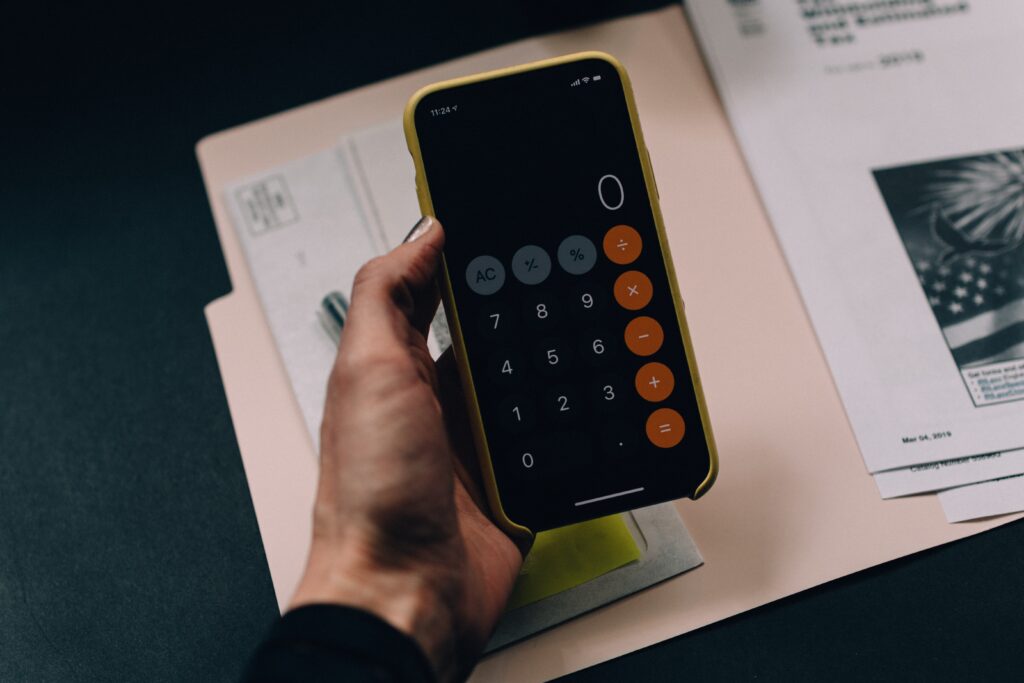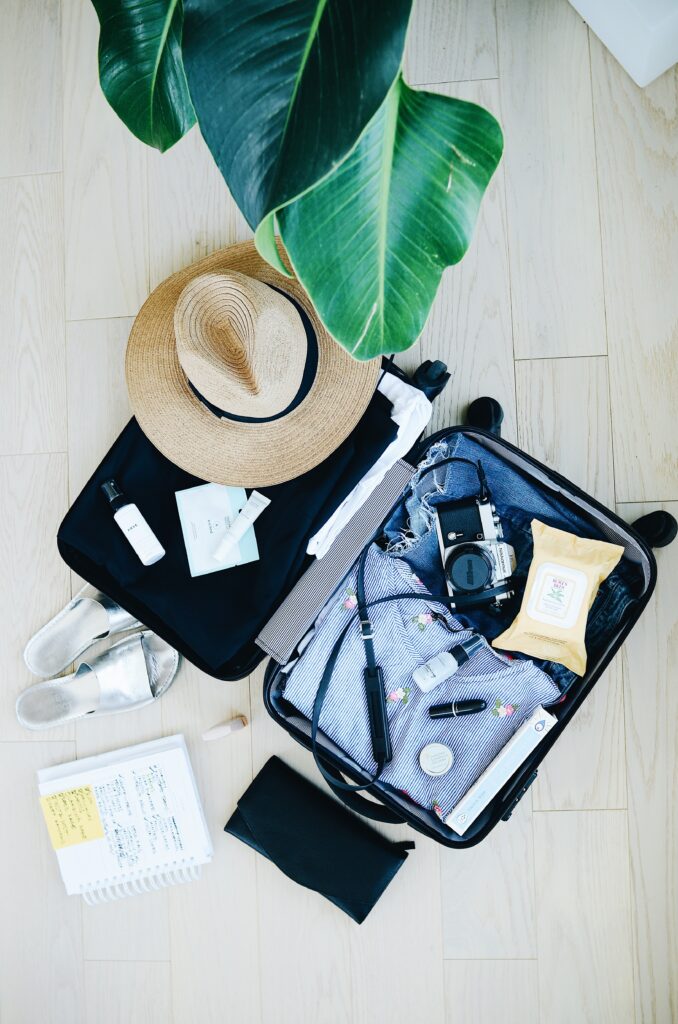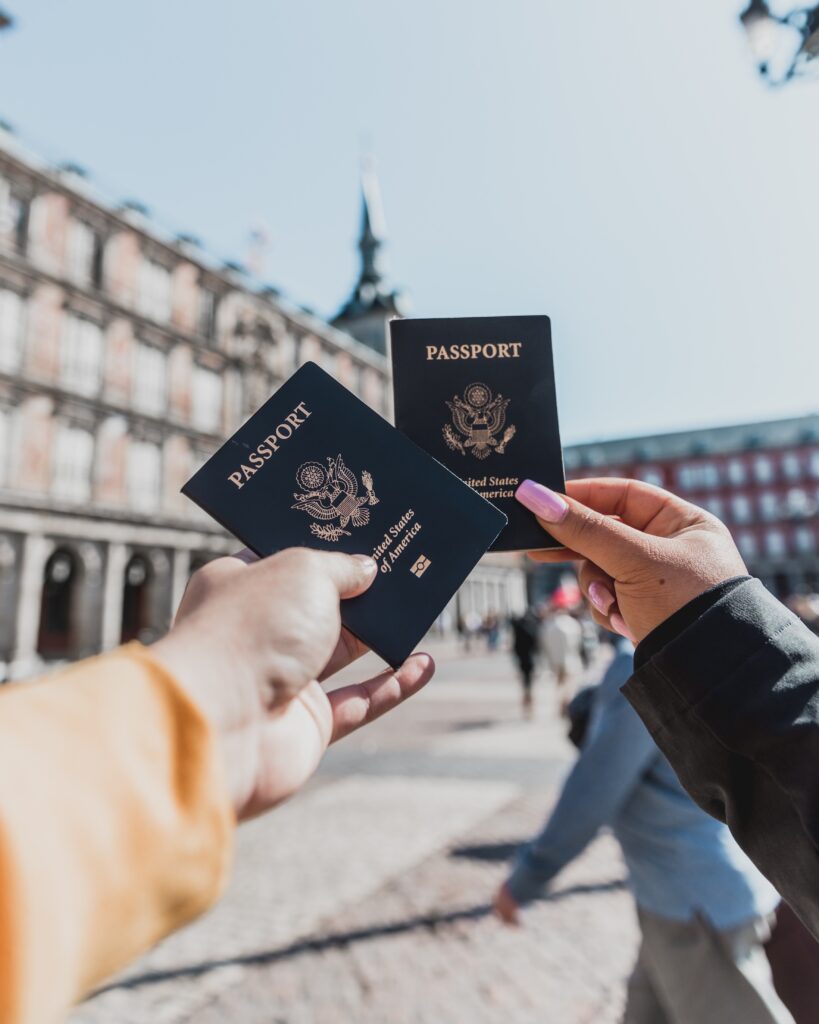9 Travel Tips for a Beginner Traveler
Travelling for the first time, or for the first time in a long time can be stressful. There can be a a number of unknowns that can produce excitement as well as fear. Preparing for your trip in advance can easily reduce your nerves while travelling.
If you are a new traveller, looking for ways to prepare for your next big adventure, here are 9 essential travel trips for a beginner traveller.
1. Start Somewhere Close
If you are a first-time traveller, I would recommend planning your first trip close to home. Use it as a trial run to help answer all your burning questions. Jump on a short 2–3-hour plan ride and a explore a city near you.
Most people are quick to book a trip across the ocean. There are usually close destinations, that allow you to stay in your home country. Weekend getaways can be a great opportunity to see and explore a new city that you may have overlooked for a thousand-mile journey.
2. Budget your Trip
When planning any trip budgeting is a must! Budgeting will help you identify how much you need for your trip. Include plane tickets, accommodation, transportation, food, activities, and anything else that will cost you money while you are away. It is also important to budget for when things go wrong. Setting aside an emergency fund for your trip is helpful in case of any unforeseen circumstances.

It’s also wise to keep in mind that you will likely go over budget. Once you arrive it’s easy find new and exciting things to spend money on.
3. Plan your Itinerary
Once you have decided on your destination and budget, layout an itinerary for your trip. At times you may just want to go with the flow and the can work but when you want to visit popular museums, shows or excursions things can book up quickly.
It’s important to pick what you want to see that requires tickets. See what days those activities fit into and prebook so you’re not stuck waiting in lines hoping to get in.
4. The Right Luggage
I am known for overpacking. Part of my problem is choosing a suitcase that is too large for my trip. I have gotten better at choosing the appropriate luggage size with useful features that are best suited for my travels.

Considerations when choosing luggage:
- How long is you trip?
- How many stops do you have?
- Who are you travelling with?
As you can see there are several things to consider when choosing your suitcase. I would always recommend packing light unless you’re willing to deal with the hassle that comes with juggling multiple bags.
If you are going for a weekend getaway, I would suggest a carry-on roller suitcase and personal bag such as a purse or a backpack. A roller suitcase will fit everything you need for the short trip and the personal bag will carry any important documents or necessities that you need to be able to grab on the go.
For a longer trips I would recommend bringing one personal bag on the plane like a backpack and one checked bag. There is nothing worse than rolling multiple suitcases and carrying a heavy carry on through a foreign airport and city. Try to limit your luggage as much as possible without leaving out anything you deem necessary.
Depending on how many stops you have throughout your adventure your luggage will vary greatly. For one city vacations you only need to worry about the hassle of your luggage to and from the airport. On the other hand, if you’re backpacking through Europe, you will need a bag that is compact that you will be able to carry and fit in tight spaces. For backpacking I would suggest a travel carry on backpack that can fit the budget airline size requirements.
You should also consider who you are travelling with. If you are going solo, you need to remember that you will be the only person responsible for all your luggage so packing light is especially important. If you are travelling with a partner, family, or friends it might be easier to share a checked bag to limit costs and share the responsibility.
5. Use the Right Packing Technique
In addition to finding the right luggage, using the correct packing technique is equally important. Please avoid shoving everything you own into an XL luggage that goes over the weight limit.
There is several different techniques to use to pack efficiently. My favourite is to roll my clothes and store them into compressible packing cubes. I find that I can fit more clothes by rolling instead of folding. The compressible packing cubes also allow for more space because the clothes don’t expand after placing them into the suitcase.
6. Carry all your Required Documents
Regardless of where you go you will always need ID. Most airlines require you to have some form of ID to fly domestically and a passport to fly internationally. Your destination may also require a Visa.

Always double check that these documents are not expired. Your passport and other documents should not expire before or during your trips. Some countries won’t accept them if they expire within 6 months of your flights. Be careful and always account for enough time to renew your documents.
7. Travel Insurance
Flight cancellations, hospital visit, baggage lost. Travel insurance will help cover your trip investment when unexpected circumstances come your way. I would recommend insurance when travelling far distances, for long periods and/or in remote areas.
While there is travel insurance you can purchase specifically for your trip, several credit cards have insurance incorporated into your card. Check your credit cards policies to see what it covers on your trip.
8. Understand your Phone Plans
Flight cancellations, hospital visit, baggage lost. Travel insurance will help cover your trip investment when unexpected circumstances come your way. I would recommend insurance when travelling far distances, for long periods and/or in remote areas.
While there is travel insurance you can purchase specifically for your trip, several credit cards have insurance incorporated into your card. Check your credit cards policies to see what it covers on your trip.
9. Be Realistic
It’s important to remember that not everything is going to go to plan. There is going to mishaps, problems, and bumps along the way. One change in schedule doesn’t have to derail your whole trip, it may be what’s makes the whole trip!
